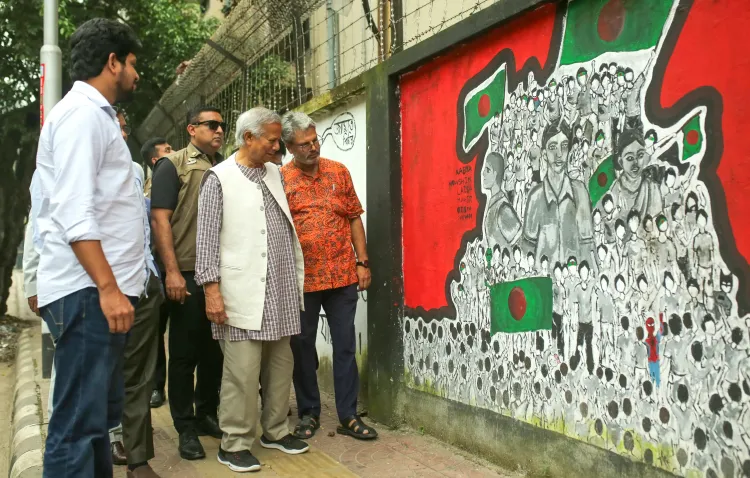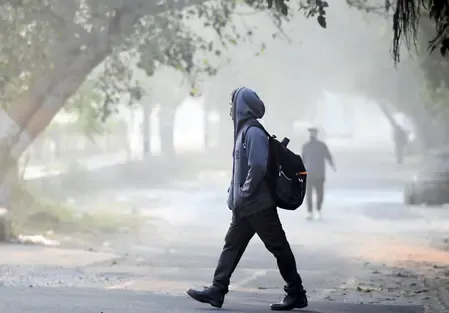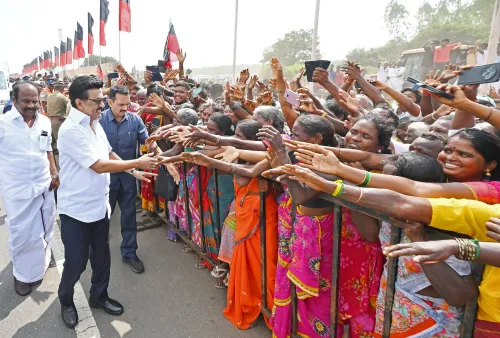Is the Rise of Shibir at Dhaka University a Security Threat for India?

Synopsis
Key Takeaways
- The Shibir's election win reflects a shift towards radical Islamism in Bangladesh.
- ICS has a history of violence and ties with terror groups.
- The lifting of the ban on ICS indicates changing political dynamics.
- India is closely monitoring the situation due to potential security implications.
- The ICS's connections with the ISI raise concerns about external influences.
New Delhi, Sep 13 (NationPress) The victory of an Islamist student organization in the Dhaka University Students Union elections marks a significant shift in Bangladesh's political landscape, as it is the first such win since the country gained independence in 1971. The Jamaat-e-Islami’s student wing, Islami Chhatra Shibir (ICS), secured 9 out of 12 seats, raising alarms about its radicalization.
Notably, the ICS was instrumental in the ousting of Sheikh Hasina last August and was ranked as the third most active non-state armed group in a 2013 study conducted by IHS Jane’s Global Terrorism and Insurgency Attack Index, following the Taliban and Barisan Revolusi Nasional of Thailand.
Known for its violent tactics, the ICS instigated widespread unrest following the war crimes verdict against Jamaat leader Delawar Hossain Sayedee in February 2013. The group has a history of attacking police, torching public vehicles, and inciting communal violence, particularly against religious minorities.
This alarming trend indicates a rise in Islamist ideology within Bangladesh’s institutions. The ICS has previously faced bans under Hasina’s government due to allegations of severe misconduct, including rape, harassment, and manipulative activities.
India has compiled multiple dossiers outlining the danger posed by the ICS, which is linked to various terror groups and has established connections with the ISI. The lifting of the ban on the ICS following Hasina's ouster signals a troubling shift in power dynamics.
Moreover, the ICS is reported to have affiliations with the International Islamic Federation of Students Organisation and is known to receive funding from the ISI and certain donors in Saudi Arabia. Intelligence agencies have indicated that the ICS plays a pivotal role in facilitating recruitment and indoctrination for terror groups in South Asia.
The group also maintains close ties with Harkat-ul-Jihadi Islami (HuJI), which has been involved in planning terror attacks in northeastern India and West Bengal, notably the Burdwan bomb-making case.










